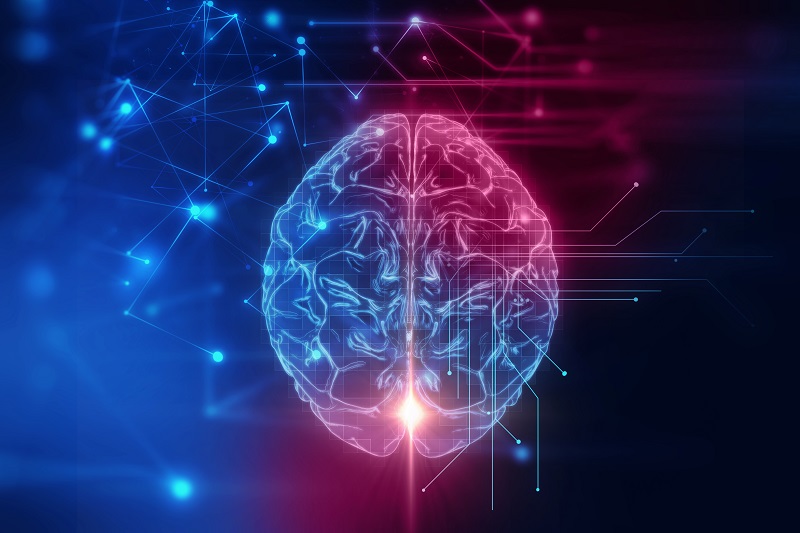Is Electroconvulsive Therapy Painful

April 04, 2023
Electroconvulsive therapy, also known as ECT, is used to help treat behavioral health illnesses and neurological conditions. It’s often portrayed in film and television as something barbaric or nightmarish, but the modern reality of ECT looks nothing like its horror-film representation.
Shailaja Shah, M.D., a psychiatrist at Carrier Clinic who has performed ECT for more than 20 years, clears up the confusion about this therapy.
Is ECT Painful?
“It's actually a myth that ECT will cause pain or will damage the brain,” Dr. Shah says, adding that she sees ECT as the gold standard of therapy for certain conditions and would not practice it if it were any other way.
Anesthesiologists administer intravenous general anesthesia, followed by muscle relaxants. After the anesthetics run their course, it is common for patients to experience mild muscle soreness or headaches, which can be treated with over-the-counter pain medication.
Nausea, headache and muscle soreness may also follow, especially after the first treatment. These can be treated by medication. Memory issues and confusion may also occur, with the most common type being short-term, immediately following the treatment. These typically resolve on their own within a few hours to several days. More serious memory concerns such as retrograde amnesia are very rare but often treatable.
How Does ECT Work?
- ECT uses brief electric stimuli to create a short, controlled seizure. Unlike an epileptic seizure, the duration and potency are controlled and monitored. Muscle movements are controlled by medication.
- The seizure causes brief but intense stimulation to the brain that may redirect the brain’s flow of electricity in a beneficial way to reverse symptoms of certain behavioral health conditions. The electric stimulus has been associated with changes in neurotransmitters.
- The application of electricity only lasts about four to six seconds, although emerging from anesthesia can take an hour or more, depending on the patient.
- Sessions average three times a week for a month and continue at a reduced rate for a few more weeks, although the number of sessions depends on what best benefits the patient.
Who Can Benefit From ECT?
ECT is often recommended by a medical professional and/or psychiatric physician after other treatment methods (like talk therapy and medications) have been exhausted and ineffective. ECT may be an especially valuable option for individuals with what are referred to as “treatment-resistant” conditions like treatment-resistant depression, which is a medical and clinical diagnosis.
ECT may be a treatment option for individuals with a history of:
- Severe depression
- Bipolar disorder
- Schizophrenia
- Catatonia (a condition in which a person can become severely agitated and unresponsive)
ECT may be particularly helpful for patients who have had significant side effects on multiple medications. “Geriatric patients with severe depression or severe psychosis may have tried a number of medications, and they just cannot tolerate the side effects. These patients can do well with ECT, but individuals with persistent conditions—from young adults to seniors—have found this treatment to improve their quality of life,” Dr. Shah says.
Patients of a wide age range may benefit.
Is ECT Given Without Consent?
A common misconception about ECT is that it can be given without patient consent. ECT is a medical procedure that is given in a controlled environment with strict monitoring and supervision, and with appropriate consent.
But Dr. Shah says ECT is performed with care and informed consent at all stages whenever possible. The only exception to this is if a person is deemed, by court order, to be incapable of understanding enough to consent or decline and is appointed a guardian on their behalf.
Dr. Shah stresses the importance of educating her patients and personalizing the treatment plan in terms of session length and frequency when necessary.
Next Steps & Resources:
- Meet our source: Shailaja Shah, M.D.
- To make an appointment with a behavioral health specialist near you, call 800-822-8905 or visit our website.
- Register for our free live webinar on ECT on Thursday, May 11 at 5 p.m. to hear from our medical experts and meet patients and families to learn the not-so-scary truth about ECT.
The material provided through HealthU is intended to be used as general information only and should not replace the advice of your physician. Always consult your physician for individual care.






